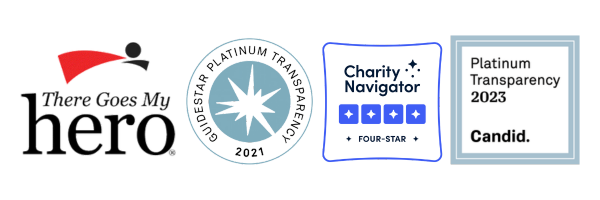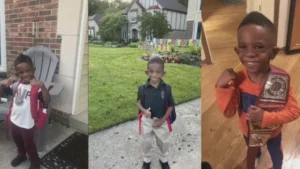Ryder’s Story: Navigating Racial Disparities in the Bone Marrow Registry at Age 5
Most 5-year-olds spend their time playing games, watching superhero movies, and using their imagination with toys and friends. However, for Ryder Washington, a 5-year-old boy diagnosed with the rare cancer Myelodysplastic syndrome (MDS) in 2021, the real superhero he needed wasn’t from a movie—it was a bone marrow donor who could save his life.
MDS occurs when mutations are present in genes responsible for blood cell development in the bone marrow, leading to abnormal blood cells in the body. It is important to have healthy blood cells as red blood cells help carry oxygen to cells and carbon dioxide out of cells, while white blood cells are important for fighting off pathogens. Platelets are also a type of blood cell that help with clotting, so when Ryder lost his first tooth and the bleeding did not stop, his parents knew something was wrong and took him to the hospital where he was later diagnosed.
To treat MDS, most patients get a bone marrow transplant from a donor to replace the abnormal cells. Finding a donor match for a transplant is extremely difficult, especially for people of color. Race can impact finding a bone marrow match because certain genetic markers used to match donors and recipients are more common in specific racial and ethnic groups. Patients are more likely to find a suitable match within their own racial or ethnic group due to genetic similarities. In turn, the likelihood of finding a bone marrow match varies significantly by race: African Americans have a 29% chance, Asian or Pacific Islanders have a 47% chance, Hispanic or Latino individuals have a 48% chance, Native Americans have a 60% chance, and White individuals have a 79% chance.
Ryder, being African American, faced this struggle during his battle despite there being 37 million people in the registry, which is about twice the population of New York. Fortunately, Ryder was able to half match with his father. Yet, half-matches come with more risk and can lead to more potential infections and other complications. Despite this, he was able to receive a transplant from his father and continue his fight against MDS.
Being sick at such a young age can be both frightening and confusing for children. During a blood draw in preparation for his transplant, his mom recalls, “Even last week, when he had to get some blood work done, he kept asking, ‘Am I going to die? Am I going to die? Why are you doing this?’” To help him understand, Ryder’s family has read books and watched YouTube videos with him about his condition. Despite the challenges, Ryder remains a determined fighter, continuing to dance through his journey with a positive mindset!
Ryder’s story highlights a critical problem in healthcare: the impact of race on accessing life-saving treatment. Even though Ryder was lucky enough to have his father be a half-match, there are many others out there who are not so lucky and do not have that option. Building a diverse registry is not about a statistic, it is about saving lives like Ryder’s. The small act of registering to be a donor can mean the world to someone, providing hope to thousands of lives who depend on finding a match.

